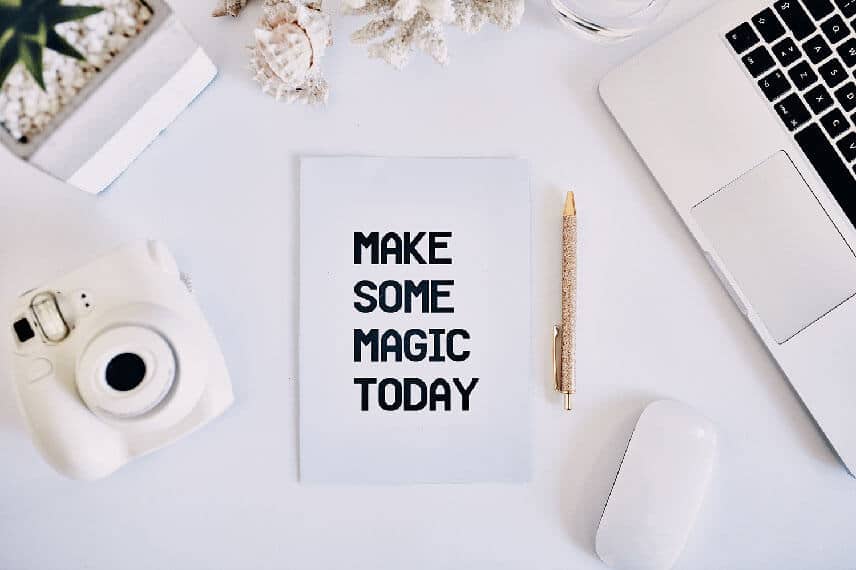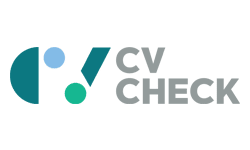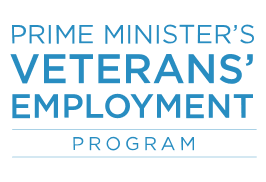Quite often we try and remember too many things before walking into a job interview. When you first turn a computer on and try to run too many applications at once, the computer will become overloaded and you’ll be pressing CTRL+ALT+DEL before you know it. Unfortunately, we cannot press those three magic buttons in a job interview when the pressure is on. As a result, we become lost, flustered and in some instances embarrassed about how your dream job interview has unfolded. To avoid all of the above, and more, be sure to remember these crucial interview DON’T’s when you venture through the spotlight to success.
Presentation – Don’t assume your interview isn’t formal, regardless of what stage you are in the interviewing process, whether it’s a first interview, lunch, coffee or labelled as the final chat before you start your new position, it is still used as an opportunity to assess your suitability for the position you have applied for.
Negativity – You should never talk negatively about a previous or current company, manager or position you have worked with or currently working with. Try to find positive aspects of your employment history and focus on these instead. It can ruin your chances making negative comments regarding previous or current employment.
Listen – Don’t take over the interview, you are there to impress your potential employer and talking over and interrupting them is only going to leave a bad impression. You are also there to listen to everything they have to say. Whether they’re asking a question or explaining the role, you should listen accordingly and answer their question directly without babbling.
Questions – Don’t worry if you answer one question badly. You should treat every question during an interview as an individual. If you answered one question poorly but the rest of the interview went smoothly, then chances are that one question won’t make a difference.
Truth – Always answer questions honestly. Explain and describe things about yourself that relate to the position you have applied for. If you don’t have strengths in the required skills, be honest and let your interviewer know that you are willing to learn or work on that specific skill. Follow up with strengths you have in another area that make you a standout candidate.
Time – DON’T be late! If you’re on time, as I said last week, you’re late! People take varying levels of offense to an individual’s punctuality. Cancel out this potential judgement of character by getting there at least half an hour early. You don’t get second chances at making first impressions.
Don’t let past rejections reflect on future offers – finding a new job can be difficult and frustrating but making sure you approach every interview as a new opportunity gives you a better attitude towards the job and greater confidence.
Don’t forget – At the end of the interview ALWAYS send a thank you email to your interviewer. This immediately puts you in front of the other candidates as it shows your appreciation for the opportunity to interview and that you are truly interested in the position on offer.
Origami folds under pressure. You do not. In fact, you are more than suitable for that role and have the skills and determination to succeed at it. Just make sure along the way you avoid doing the dreaded interview DON’T’s. As they say, practice makes perfect. Grab a friend, a family member, or even look at yourself in the mirror. Visualise yourself in that interview room, the more you do it, the better you’ll become. Good luck, but more importantly, good practicing!







